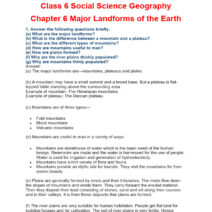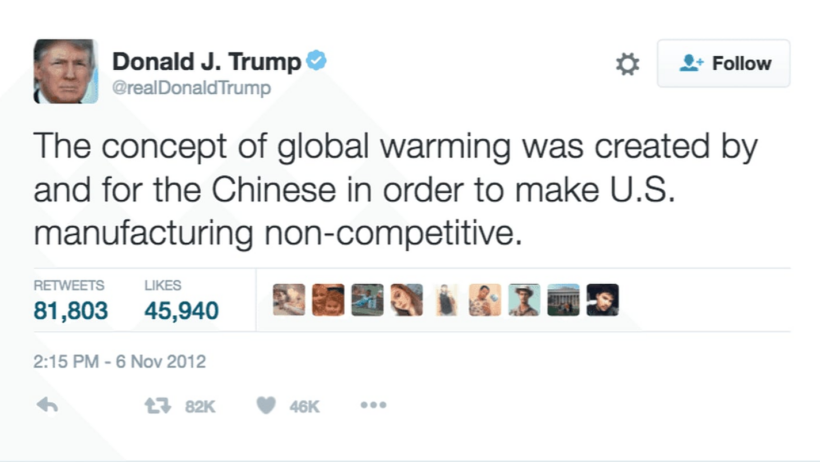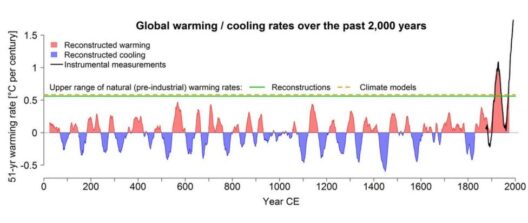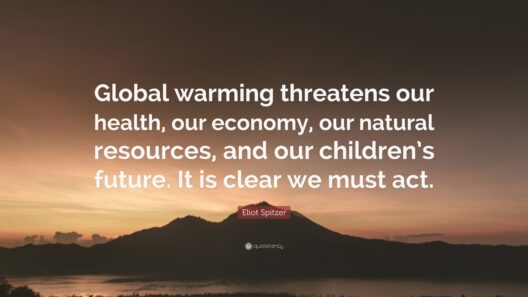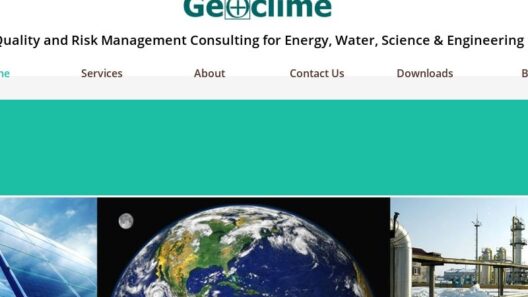In the complex discourse surrounding climate change, a prominent phenomenon is the proliferation of misinformation, particularly regarding the implications of greenhouse gases like methane. This deceptive rhetoric often detracts from the critical reality that climate change poses significant risks to our planet. To comprehend the gravity of this situation, it is essential to dissect the various facets of methane emissions, the disinformation that clouds public understanding, and the resultant societal implications.
Methane and Its Environmental Impact
Methane (CH4) is an atmospheric compound that possesses a global warming potential far greater than carbon dioxide in the short term. Over a 20-year period, methane is approximately 84 times more effective at trapping heat. While proponents of fossil fuel extraction might downplay its effects, scientific consensus confirms that methane significantly contributes to the acceleration of global warming, especially when considering the rapid changes observed in our climate systems.
The genesis of methane emissions largely originates from agricultural practices, particularly livestock digestion, rice paddies, and landfills. In addition, the extraction and transport of oil and natural gas contribute to methane leakage, further exacerbating the already serious crisis. Understanding the source of this potent greenhouse gas highlights the crucial need for regulatory frameworks aimed at monitoring and mitigating methane emissions at all levels of industry and agriculture.
Misconceptions and Misinformation
In recent years, the term “global warming hoaxes” has gained traction among skeptics. This notion stems from various sources, including social media platforms and fringe scientific literature, which promote the idea that climate change is an exaggerated or fabricated phenomenon. One of the common narratives suggests that climate scientists are manipulating data to induce fear and promote political agendas or funding opportunities.
However, the reality of climate change is supported by an overwhelming body of peer-reviewed research. The consensus among scientists is not merely anecdotal; rather, it is derived from rigorous methodologies and comprehensive data analysis. Reliable studies, often published in reputable journals, indicate that anthropogenic activities are directly correlated with rising greenhouse gas concentrations and global temperatures.
This veil of skepticism can obscure the facts and deter effective action. For instance, when high-profile individuals disseminate misinformation—such as branding climate change as a hoax—they inadvertently undermine public awareness and hinder efforts aimed at rigorous climate policies. This can be particularly damaging as it delays necessary investments in renewable energy and sustainable practices.
The Psychological Underpinnings of Misinformation
To fully comprehend the allure of climate skepticism, it is essential to explore the psychology behind it. Cognitive dissonance plays a significant role; individuals may experience discomfort when confronted with information that contradicts their beliefs or lifestyle choices. Rather than reassess their viewpoints, some choose to embrace misinformation as a means to alleviate this psychological tension.
Furthermore, the phenomenon of confirmation bias leads individuals to seek information that reinforces their pre-existing beliefs while disregarding evidence that may suggest otherwise. This can create echo chambers where misinformation flourishes, perpetuating myths about climate science and the urgency of the crisis faced.
Addressing Misinformation Through Education
Combatting misinformation requires a multifaceted approach centered on education. Clear, transparent communication from scientists and environmental organizations is crucial in delivering accurate data regarding the impacts of methane and climate change. Infographics, visual aids, and accessible language can foster understanding among diverse populations.
Moreover, engaging with communities on a local level can demystify complex scientific concepts. Initiatives aimed at fostering dialogue, such as community workshops or public lectures, can help individuals recognize the validity of climate science. Engaging parents, schools, and local media outlets in these conversations will further integrate climate awareness into community norms.
The Role of Policy in Mitigating Methane Emissions
Policy frameworks targeting methane emissions represent a critical avenue through which misinformation can be countered. By implementing stringent regulations on industries that produce methane—such as agriculture and fossil fuels—governments can position themselves as proactive agents in the fight against climate change.
Additionally, incentivizing innovation in renewable energy and methane capture technologies can create economic opportunities while simultaneously addressing environmental concerns. Governments worldwide must commit to holding industries accountable for their methane emissions through enforceable standards and penalties for non-compliance.
The Cultural Implications of Misinformation
The ramifications of climate change misinformation extend beyond scientific discourse; they infiltrate social and cultural domains. Societies steeped in skepticism may witness dwindling public engagement in climate activism, resulting in a fragmented response to environmental policies. This absence of urgency can lead to inadequate investment in sustainable infrastructure and perpetuate cycles of environmental degradation.
Conversely, communities that prioritize factual information and encourage open discussions about climate change tend to exhibit stronger resilience against misinformation. They are more likely to support legislative initiatives aimed at environmental stewardship and advocacy for renewable energy sources.
Conclusion
Methane emissions and climate change misinformation serve as critical junctures warranting immediate attention. The climate crisis is not merely a scientific issue; it is a social one that intertwines with cultural beliefs, psychological phenomena, and policy frameworks. Recognizing the influence of misinformation, combined with proactive education and policy measures, is essential to dismantle misconceptions surrounding global warming. By fostering a well-informed populace, we can catalyze a concerted response toward mitigating environmental degradation and ensuring a sustainable future for generations to come.


